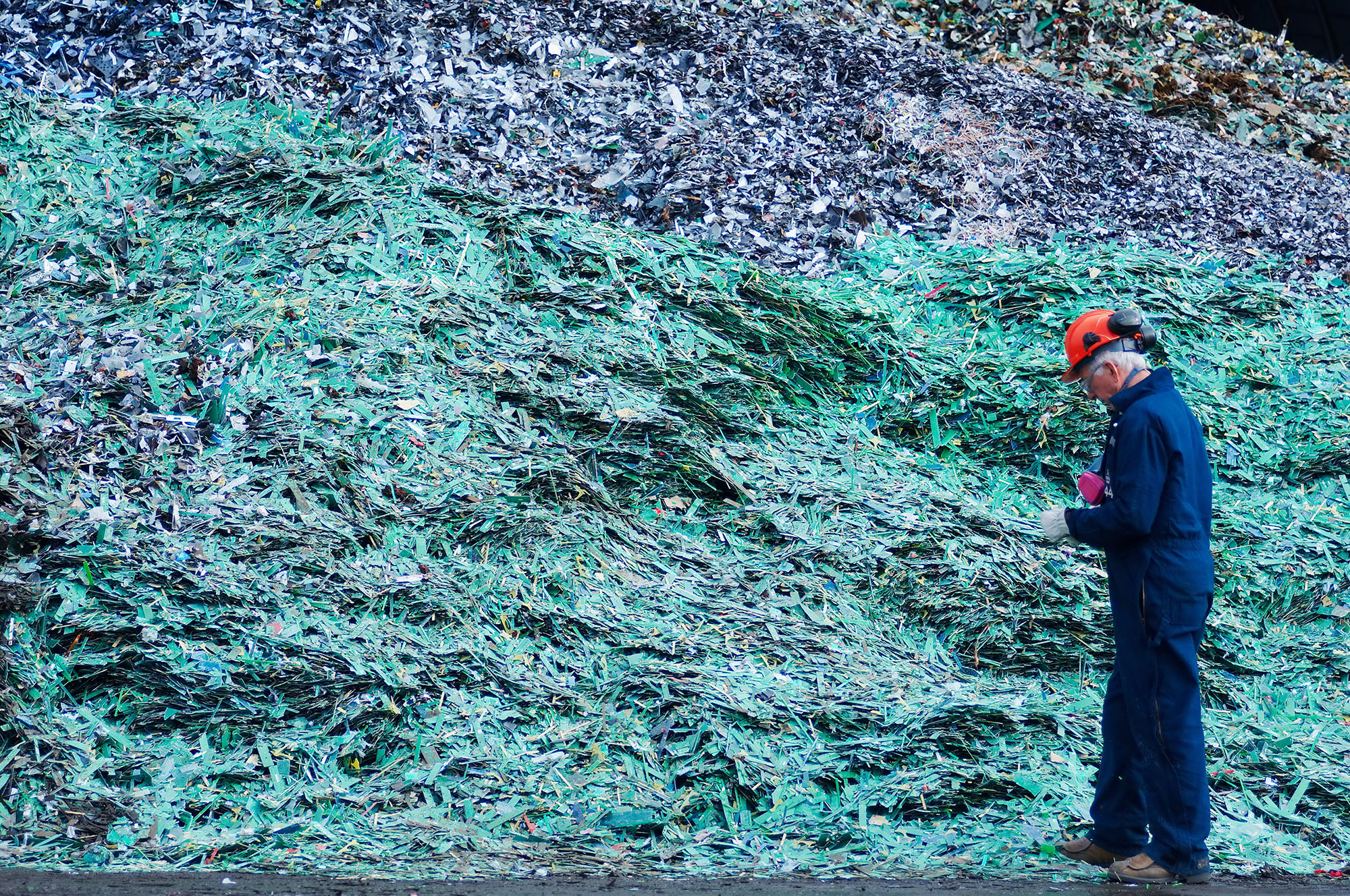Not only rare earths: all the moves of France and Germany on critical raw materials

Germany and France work on two national funds for critical raw materials. But the Germans also want more integration with Italy in the material recovery chain. Meanwhile, the EU starts negotiations on metals with the USA. All the details
Germany and France, the largest economies of the European Union, are working on the establishment of two national funds for raw materials which will serve to support the financing of projects for the extraction, refining and recycling of materials critical to the industry, with the aim to reduce dependence on foreign countries.
On rare earths , for example – a group of metallic elements necessary for the production of electronic devices, cars, wind turbines and weapon systems – the European Union relies on China for 98 percent of supplies.
THE EU MUST REDUCE THE DEPENDENCE ON FOREIGN MATERIALS
France and Germany are coordinating on the two funds to avoid entering into competition. But Italy could also play a role. During the round table Rare Earths and Twin Transitions , held yesterday in Berlin at the Italian Embassy, Ambassador Armando Varricchio said precisely that Italy and Germany "share a strong interest in ensuring the definition of a sustainable strategy and resilience of the industry. And therefore they will be able to define the right priorities in the European agenda for the supply of raw materials and rare earths”.
To reduce dependence on China (lithium, cobalt, the aforementioned rare earths) and Russia ( nickel , palladium) on supplies of critical metals, Europe must work to increase public-private investment, to improve cooperation between states different, to harmonize the regulations and to streamline the authorization procedures: these are some of the main points that emerged at the conference, as reported today by Il Sole 24 Ore .
CIRCULAR ECONOMY, MORE CONTACTS BETWEEN ITALY AND GERMANY
The push towards the recovery of raw materials from exhausted devices is also fundamental, both from a perspective of supply security and the reduction of the environmental impact of the mines. On this point, Franziska Brantner, state secretary at the German Ministry of the Economy, declared that "more links will need to be created between the circular economy in Germany and that in Italy", in order to better integrate the industrial chains.
– Read also: Italy and the EU must do more on the recovery of critical metals
INVESTMENTS, RULES, FOCUS
Massimo Gasparon, director general of the European Raw Materials Alliance (ERMA), a European institution that works on the development of community value chains on critical materials, thinks that the Union needs "more cooperation and more recycling, more awareness on the part of consumers they have to change their habits. But above all it will be necessary to simplify the paths of permits. More investments, more financial resources will be needed: the first recommendation must be the promotion of more public investments to stimulate private investments".
For the economist Giacomo Vigna, head of the circular economy and eco-sustainable development policies at the Ministry of Enterprise and Made in Italy, however, there is a need for a new regulation of ecodesign (the planning upstream of a product aimed at reducing environmental impact and encourage recycling) and greater centralization of legislation on mining, to reduce the power of local institutions.
During the round table, Gian Andrea Blengini – mining engineer at the Turin Polytechnic and consultant to the European Commission – proposed a reduction in the number of critical raw materials for the European Union, from thirty to fifteen, in order to focus efforts and projects on truly strategic materials.
WHAT THE EUROPEAN UNION DOES ON CRITICAL RAW MATERIALS
In March – writes Il Sole 24 Ore – the European Union should adopt legislation dedicated to critical raw materials, the European Critical Raw Materials Act.
Bloomberg writes today that the European Union and the United States have started negotiations for an agreement on raw materials that would allow Europeans to access the incentives of the Inflation Reduction Act , the 369 billion dollar law for the reinvigoration of American manufacturing in key sectors of the ecological transition, to better compete with China.
The negotiations are in an early stage, so details are scarce, but Washington appears to be willing to include European countries in backing projects to extract and process the critical minerals used in electric vehicles.
This is a machine translation from Italian language of a post published on Start Magazine at the URL https://www.startmag.it/energia/unione-europea-sviluppo-materie-prime-critiche/ on Thu, 26 Jan 2023 08:41:17 +0000.
